Category: Signs
-
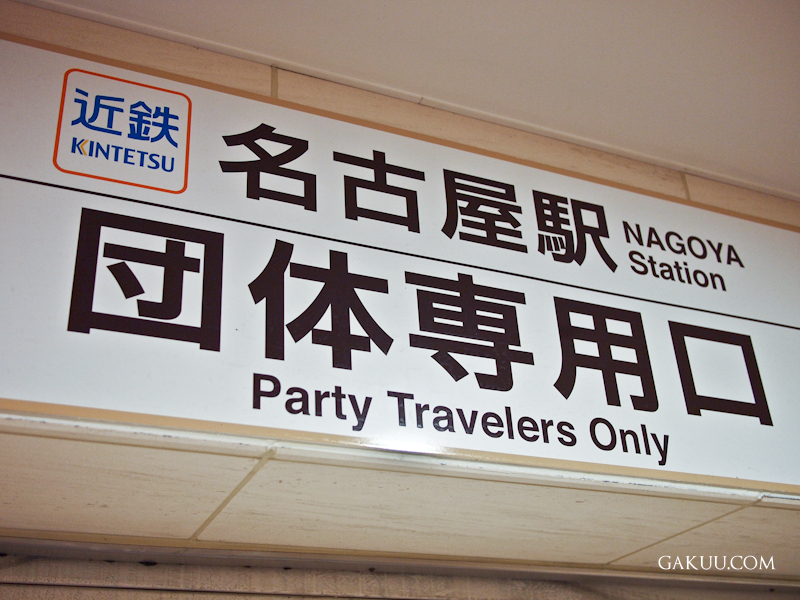
Party Travellers Only
A bit of Engrish found at Nagoya station. Can you guess what ‘Party Travellers Only’ was the translation for?
-
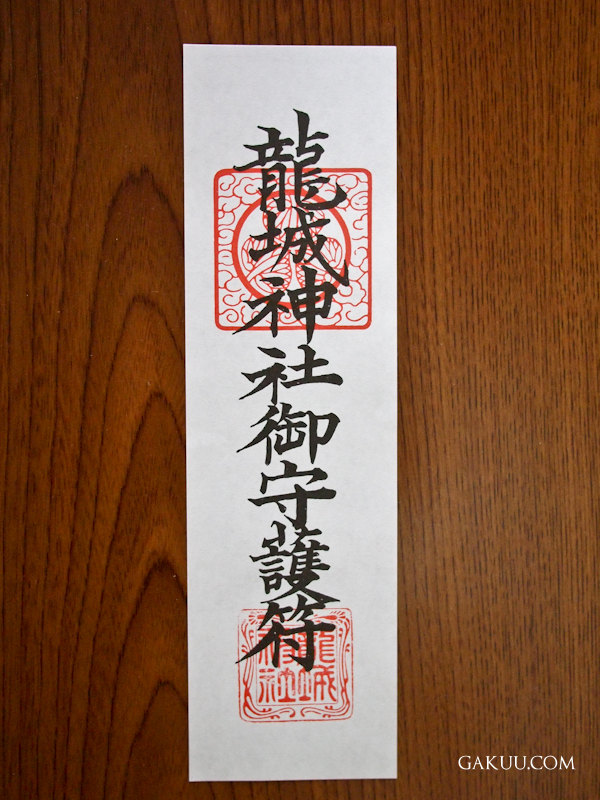
House Omamori
Omamori are used in many different places around Japan. Most often you’ll see them being sold as colourful trinkets at Shinto shrines, but did you also know about gofu given out to protect houses?
-
No Bladdered Tattooed Bathers!
Often times when visiting the local sento or onsen you might see signs like the one today. The appearance of such uncommon words can occasionally throw you off, but hopefully you shouldn’t need to worry…
-
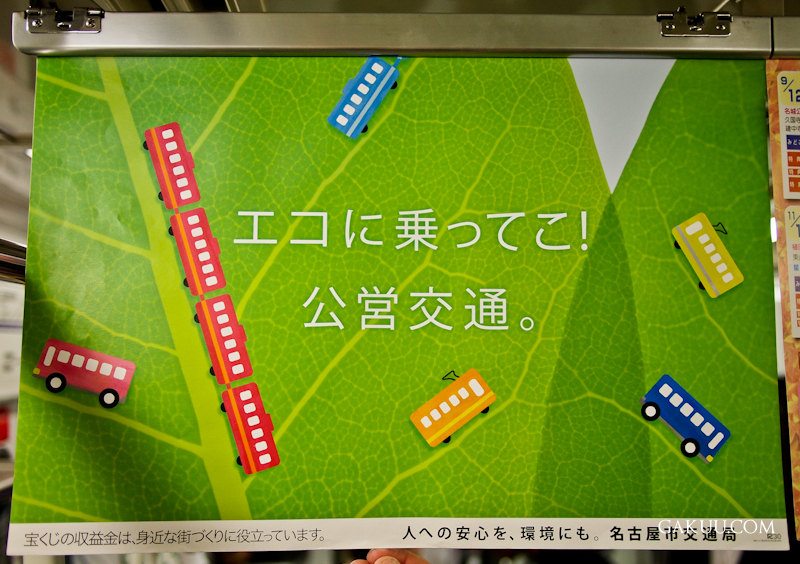
Let’s Be Eco-Friendly
A simple little sign today with a cool bit of slang. You can use this term where speaking or writing for added impact and style.
-
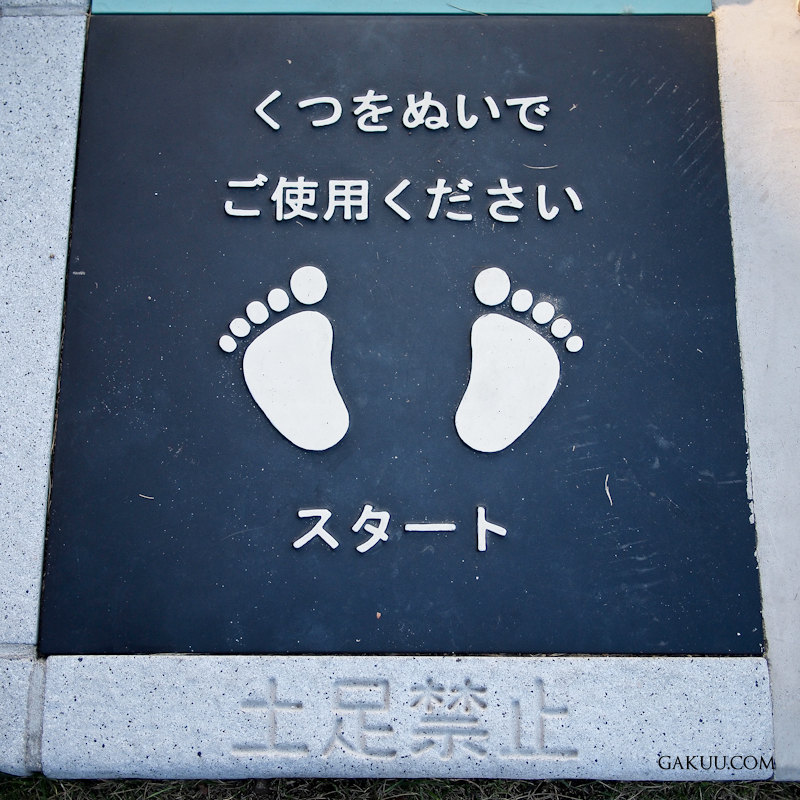
Shoes Off Before Coming In!
It’s no secret that many places in Japan require that you take off your shoes when entering – good examples being temples and family homes. I was quite surprised, however, to see a sign warning about this practice placed outside in a public park!
-
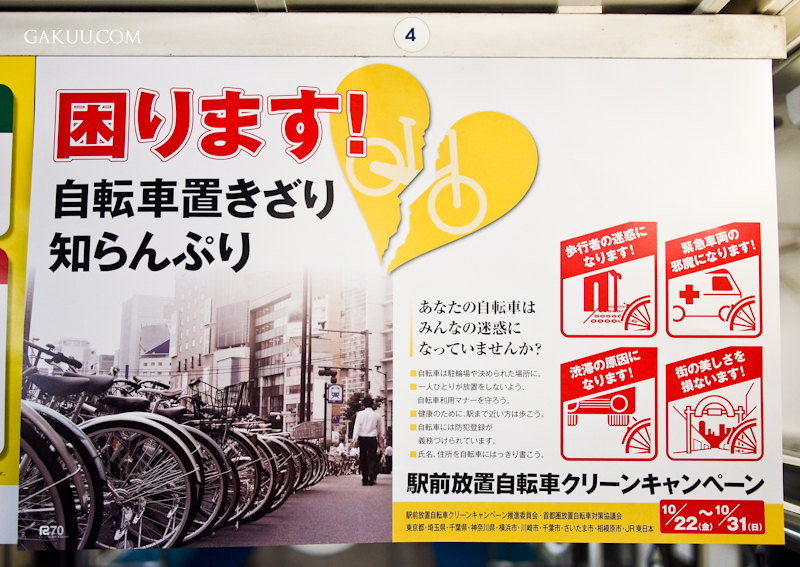
Pretending Not to Know – ふり
Have you ever come across the word ふり before? It’s used in a variety of situations to show pretense or false behaviour. Today’s phrase we’ll focus on then is 知らんぷり – pretending not to know something. You’ll also learn about the mysterious ん slotted in there!
-
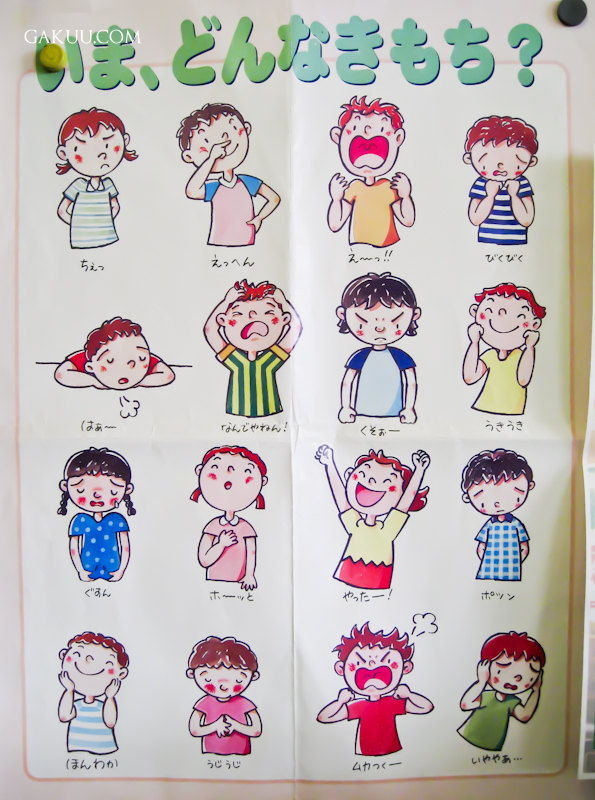
Expressing Feelings In Japanese
Expressing feelings in Japanese is sometimes as simple as just stating the obvious – ‘I’m happy’ (嬉しい!). But quite often we hear many colourful variations that range from onomatopoeic words to verbs and even different dialects! Here are a few of them.
-
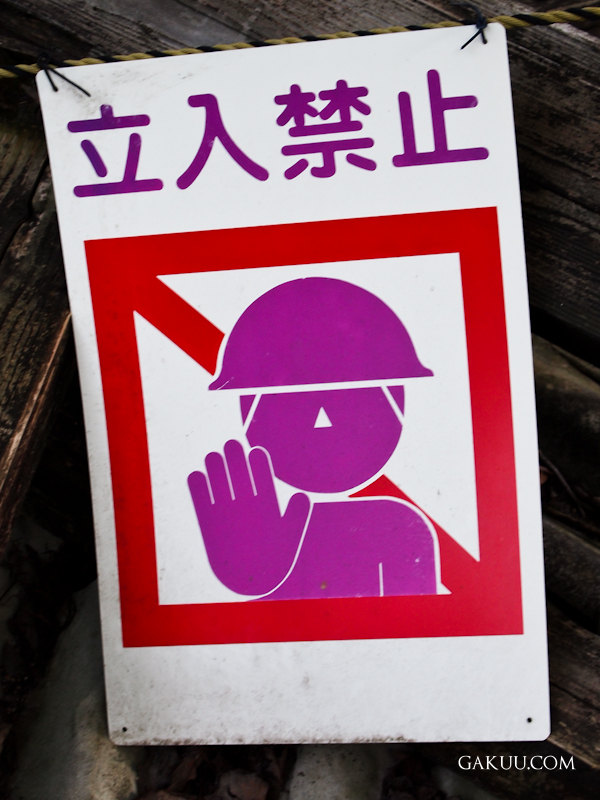
Do Not! / べからず
In the same way that we have different variations of the same words in English (synonyms), Japanese usually has at least a few ways of expressing a grammar point, depending on the situation. Since we are only taught the most popular methods, old Japanese tends to trip us up sometimes!
-
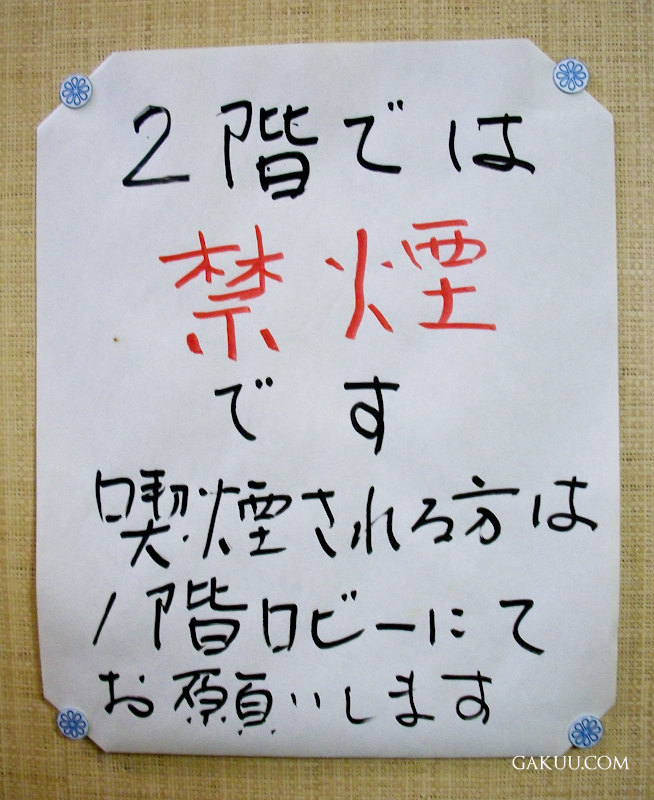
No Smoking / にて
Here’s a quick and easy chunk of Japanese for beginners/intermediate learners to digest. You’ll see no smoking signs everywhere in Japan, but the particular little morsel of grammar in this one stood out for me: にて. Heard of it?